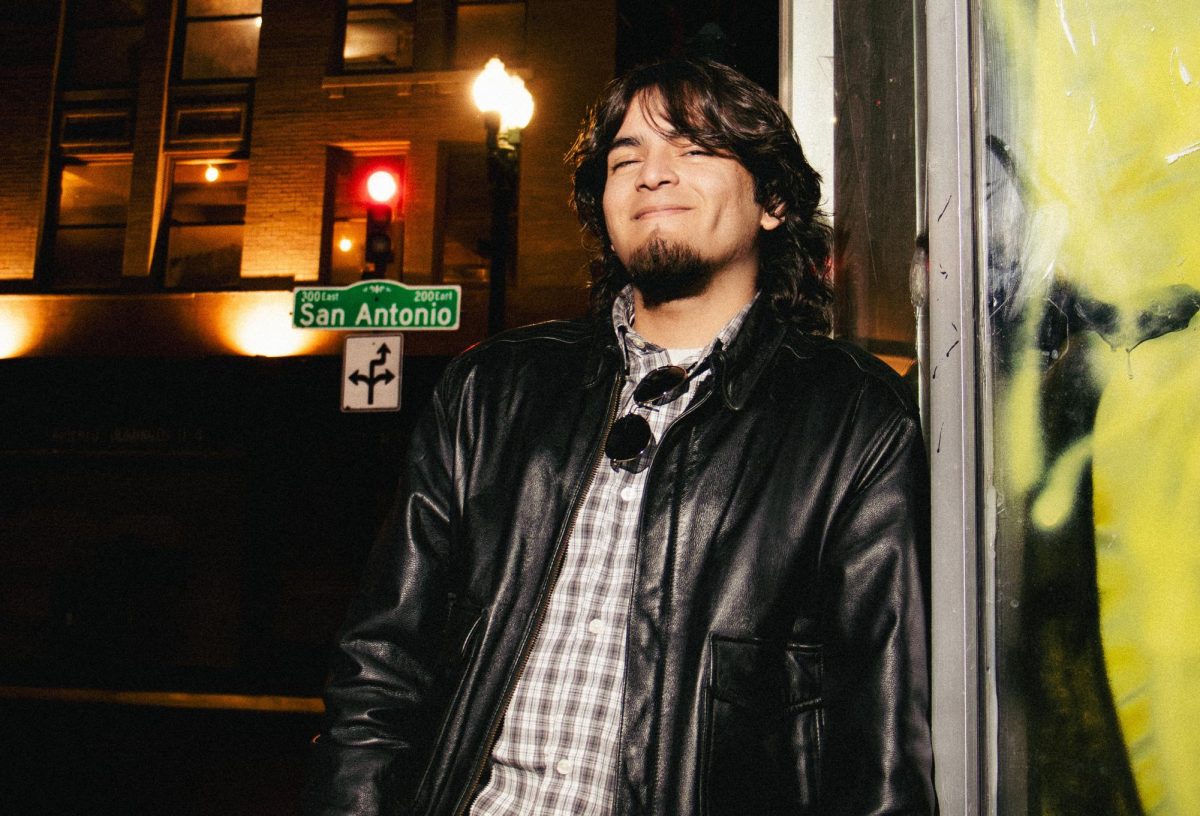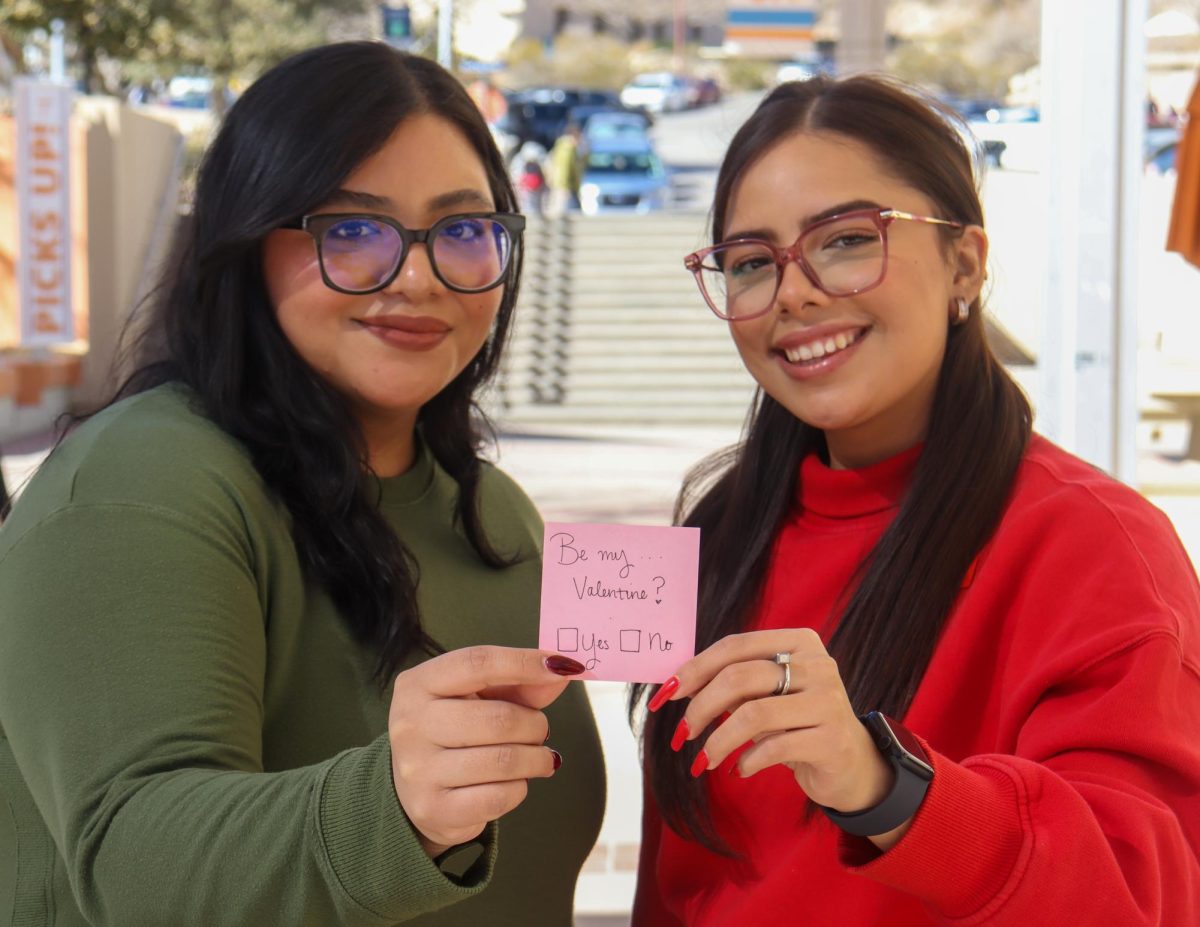Golden arches, cuddly pandas and erotic mermaids are all etched into society and are a few of the things that come to mind when we want a quick fix for our hunger or thirst.
The Prospector conducted a survey for the 2013 Pick Awards, where students could vote on their favorite places to eat, drink and shop.
Over the last few years, the Pick Awards have consistently shown that students prefer to dine and drink at chain restaurants. Whether it is pizza, burgers or coffee, local eateries have hardly made an appearance with this survey.
A popular reason for this phenomenon is that chain restaurants such as McDonald’s, Panda Express and Starbucks are conveniently priced and more familiar. Instead of visiting a local restaurant and running the risk of over-priced food or food that simply isn’t appetizing, students would rather get what they know for their dollar.
But is fast food really the way to go?
Eatlocalgrown.com, a website dedicated to finding locally grown food in your area, released a review of 10 foods that are still consumed in the U.S. but are banned in other countries.
Banned in 196 countries across Europe, Russia, mainland China and Taiwan, ractopamine is still used in animal feed across the U.S.
A commonly used drug found in asthma medications, ractopamine is a dividing agent that increases protein synthesis, ultimately increasing the muscle mass in livestock and decreasing fat.
The U.S. does not test for ractopamine in meat and according to the U.S. Food and Drug Administration, the use of it was approved in 1999 since there was no environmental impact or significant impact on the quality of the human environment by using this drug.
The FDA also said that since there is no impact, the use of ractopamine will continue to be fed to beef cattle at 30 grams per ton of feed 42 days before slaughter.
However, according to the Center for Food Safety, the presence of ractopamine in foods eaten is linked to elevated heart rates, the sensation of heart pounding, skeletal muscle tremors, high blood sugar and low levels of potassium in the blood.
This is just one drug that is present in one of the foods that most of us eat on a daily basis.
Other foods banned in the world but that are still eaten in the U.S. are farm-raised salmon, chicken laced with arsenic, bread with potassium bromate and dairy products that are present with rBGH, or Posilac—recently named by Monsanto as a new version of rBGH.
But if you purchase and eat locally grown foods, then the above does not apply to you and you are probably patting yourself on the back for making the right choice.
If you don’t eat local, you can still make the change. Eatlocalgrown.com allows you to input your zip code and see the available markets in your area that sell locally grown food.
Yes, locally grown food may be pricier than your typical Big Mac, but your money will stay in the community and you will physically feel better after taking up this habit.
The choice is yours, bon appétit!
Lorain Watters may be reached at [email protected].








